
Sign in to your Collider account
 Image via Netflix
Image via Netflix
Editor's Note: The below contains mild spoilers for Squid Game Season 2.
I'll openly admit that when I first watched Squid Game three years ago, I wasn't as enchanted by the show as everyone else. In fact, I found it to be completely over-the-top in premise and execution. The story felt heavy-handed to me, the moral being so overt I felt like I was being bashed over the head by it for each of the season's nine episodes. One of my biggest disappointments was that just when the story started getting good, the show ended. So, when Season 2 and 3 were announced, I wanted to know if the series would diverge from its original format and dive deeper into the exploration of these characters and social concepts. Would the story explore more nuances and go beyond the surface? In some ways, it does. Season 2 switches up the formula for Squid Game to offer a fresh take on the concept. Still, despite a promising start, the show continues to rely too heavily on the same archetypes that made the first season feel so predictable.
'Squid Game' Season 2 Starts Off Strong Outside the Arena
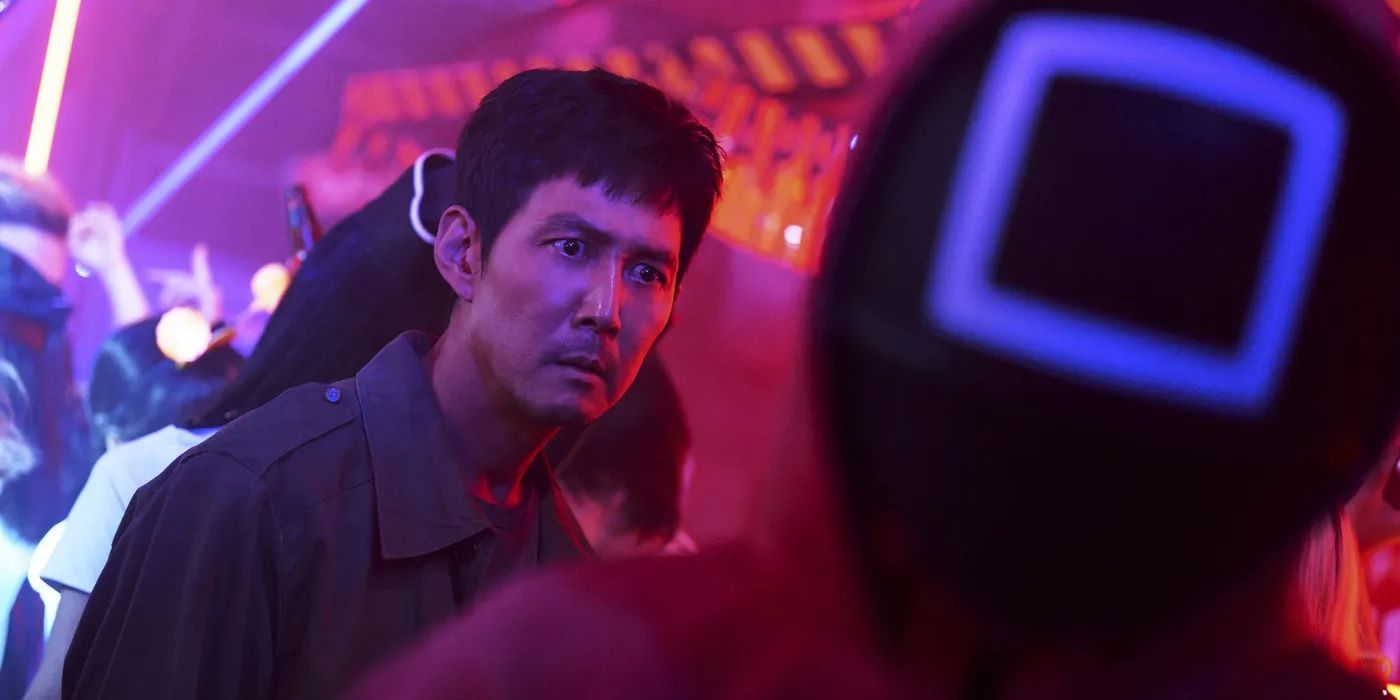 Image via Netflix
Image via Netflix
Squid Game Season 2 picks up right where Season 1 left off, with Seong Gi-hun (Lee Jung-jae) about to get on a plane to finally go see his daughter in the U.S. after winning the Games — before calling the number on one of the Squid Game cards and getting pulled right back into it. After the title card and seeing Gi-hun pick out the tracker embedded behind his ear, we jump forward two years. Police officer Hwang Jun-ho (Wi Ha-joon) is now a traffic cop, having willingly stepped down from his position as a detective after being found by a fisherman nearly dead in the water near one of the islands. Meanwhile, Gi-hun has dedicated his life to hunting down the people behind the Games. He uses his riches to buy a rundown motel and works with the loan shark, whom he paid back to find the Recruiter (Gong Yoo) of the Games so he can get a new spot in another round.
With just seven episodes to the season, the first two focus primarily on Gi-hun's hunt, splitting off from the confines of the Games, and the show is better for it. This lays the groundwork for us to understand how far Gi-hun has come since the end of Season 1. He's not just one man in a room with a red string; he's got a whole operation, using the rest of his money to get justice and still haunted by the deaths of the 454 other contestants. These initial episodes also successfully set up new characters who exist outside the Games, including other participants and at least one person who wears the mask of a guard. While you might expect most guards to be sociopathic young men behind their anonymous masks, individuals who are all too eager to dehumanize and slaughter the players like they're in a video game, not all of them are like that. The vast majority seem to fit the sadistic, mustache-twirling bill, but Season 2 reveals that isn't always the case. It's an attempt at looking at the Games beyond the confines of the arena, and while it's not enough, it's certainly appreciated.
Lee Jung-jae and Lee Byung-hun Knock It Out of the Park in 'Squid Game' Season 2
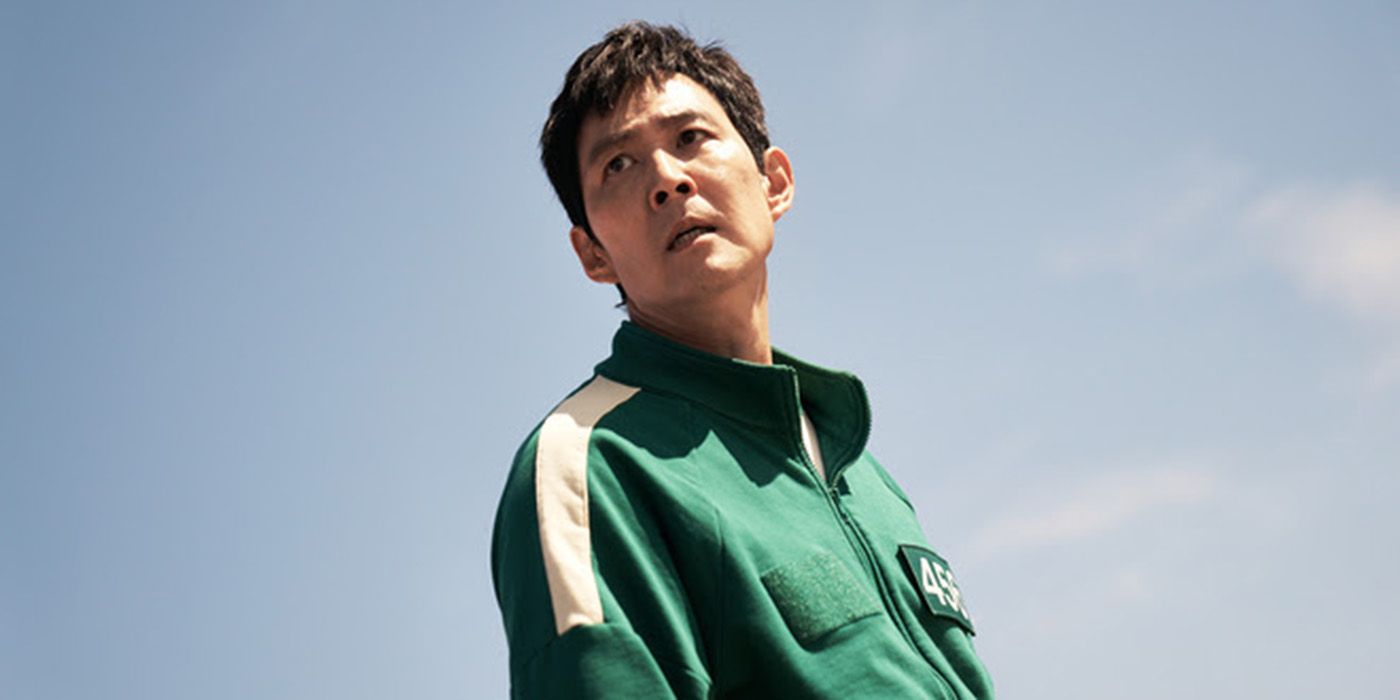 Image via Netflix
Image via Netflix
The years have turned Gi-hun into a shell of his former self. Where once he was bratty, impulsive, and optimistic, he's solemn and dogged in his attempt to hunt down those responsible for the Games. Only two years have passed, but the man's aged a decade. He has seemingly cut off complete contact with his daughter and is now single-minded in his goal. Lee Jung-jae really proves his mettle this season, especially when you compare his performance in the series premiere to where he ends up at the end of Season 2. He's a delight as a protagonist, having grown from his experiences. At one point, another character remarks that he's become more eloquent over the years, and that's the best way to describe him. While the role of the straight man was relegated to Cho Sang-woo (Park Hae-soo), Gi-hun's old classmate, in Season 1, Gi-hun is now the character in that position, and the role never looked so good on him.
One of the biggest plot twists in Season 1 involved an old man entering the game as the very first player 001 — later revealed to be the cynical creator of the Games, Oh Il-nam (O Yeong-su), who simply wanted to play the game rather than wait to die. While it's an interesting concept, it's executed poorly. Season 2 fixes this by revealing right at the beginning that the new 001 is not an average player, as Lee Byung-hun's Hwang In-ho, aka "the Front Man," steps into the role of the Games' turncoat.
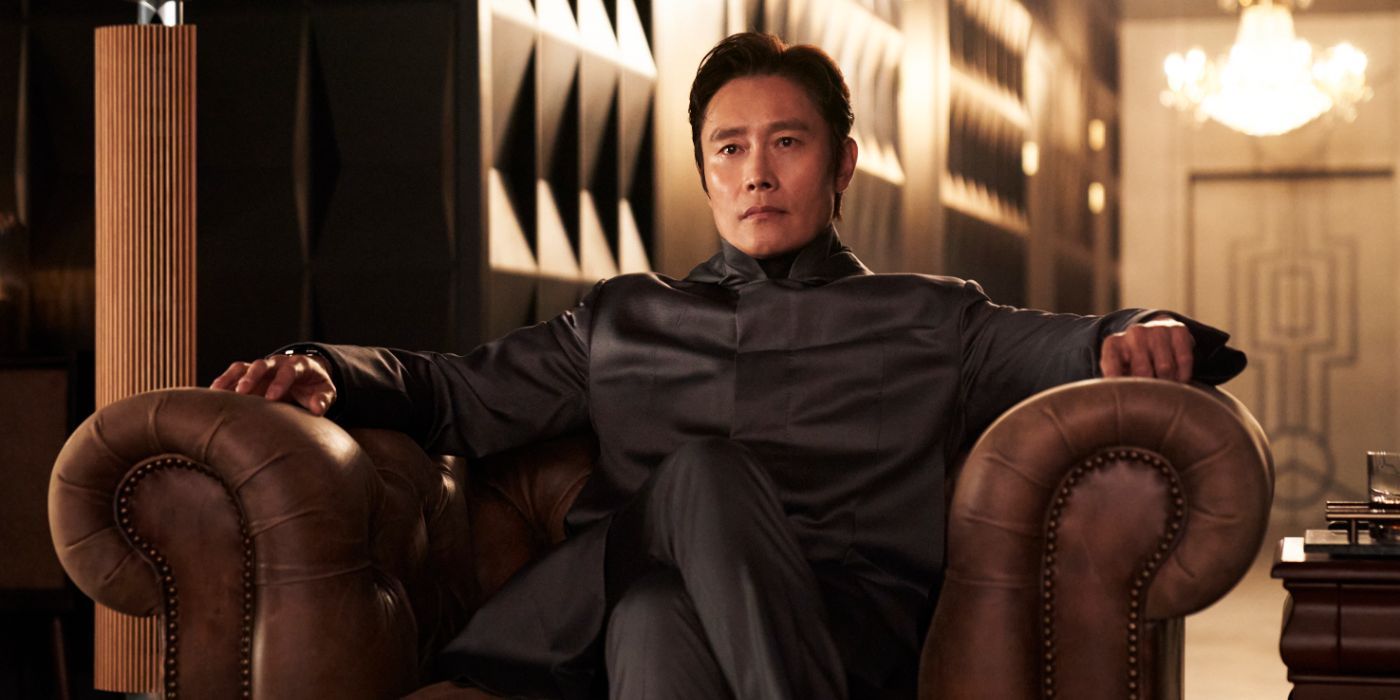 Image via Netflix
Image via Netflix
While Oh Il-nam's reveal was lackluster, the Front Man's existence as a wolf in sheep's clothing in the Games makes for a better show. Thanks to a new format, where everyone gets to vote after each game on whether they want to leave or not, he acts as a wild card. Thanks to Lee Byung-hun's performance, the lines for the Front Man are blurred. Sometimes, it feels like we're looking at Hwang In-ho, a man who lost his terminally ill wife and a former winner of the Games, who gets caught up in his camaraderie with Gi-hun and becomes a genuine participant. But then, sometimes, it feels like we're with the Front Man as he manipulates the other participants, putting a foot on the scale and making sure the Games continue how he wants them to. While Cho Sang-woo may have been an obvious villain in Season 1, the Front Man actually adds layers of complexity. It makes all of his scenes compelling, especially when he's opposite Gi-hun. It's safe to say that these actors' performances carry the season and make up for some of the weaker characters.
'Squid Game's Overreliance on Tropes and Archetypes Weakens the Show
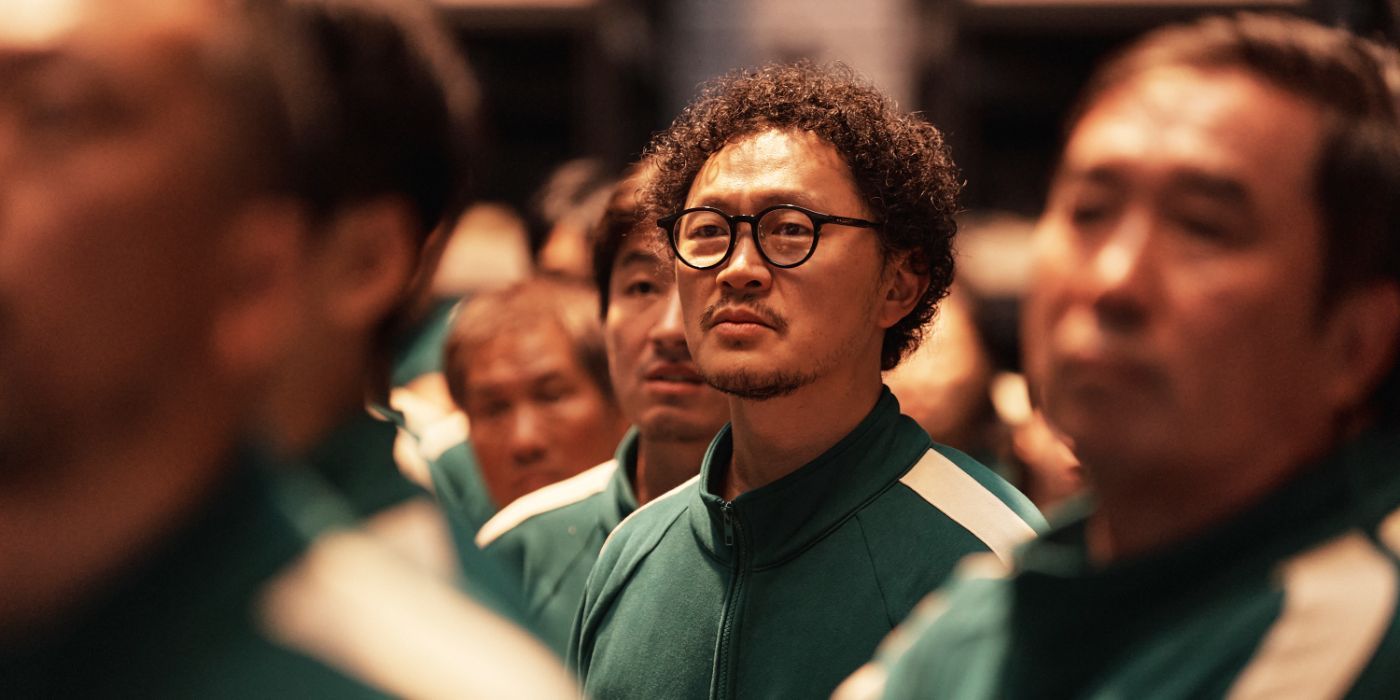 Image via Netflix
Image via Netflix
The opening episode of Season 2 is mesmerizing, save for one thing. We see more of Gong Yoo's Recruiter beyond his subway slapping game of ddakji, but it's only more of the same mustache-twirling evil, and a disappointing indicator of the show's worst trait: The fact that there are a lot of characters who simply exist as archetypes or extremes of a trope without any nuance or depth. This normally comes in the form of the show's antagonists. Outside of Front Man, none of the villains have any version of a complex backbone. After being labeled as a "bad" character, there's little to redeem or even indicate that there's something beyond what can be glimpsed on the surface.
A good example is the boisterous former rapper Thanos, played by Choi Seung-hyun (better known by his stage name T.O.P. and one of the main members of the megahit group BigBang). He's lost all of his hard-earned money thanks to a crypto scam run by one of the other participants, who he torments relentlessly throughout the game while also popping smuggled pills to up his chaotic unpredictability. Instead of the show exploring Thanos' character, he comes off as a caricature. Whether delivering bizarre rhyming raps at inopportune times or literally skipping and dancing his way through the deadly games, it's hard to regard him as anything more than a cartoon.
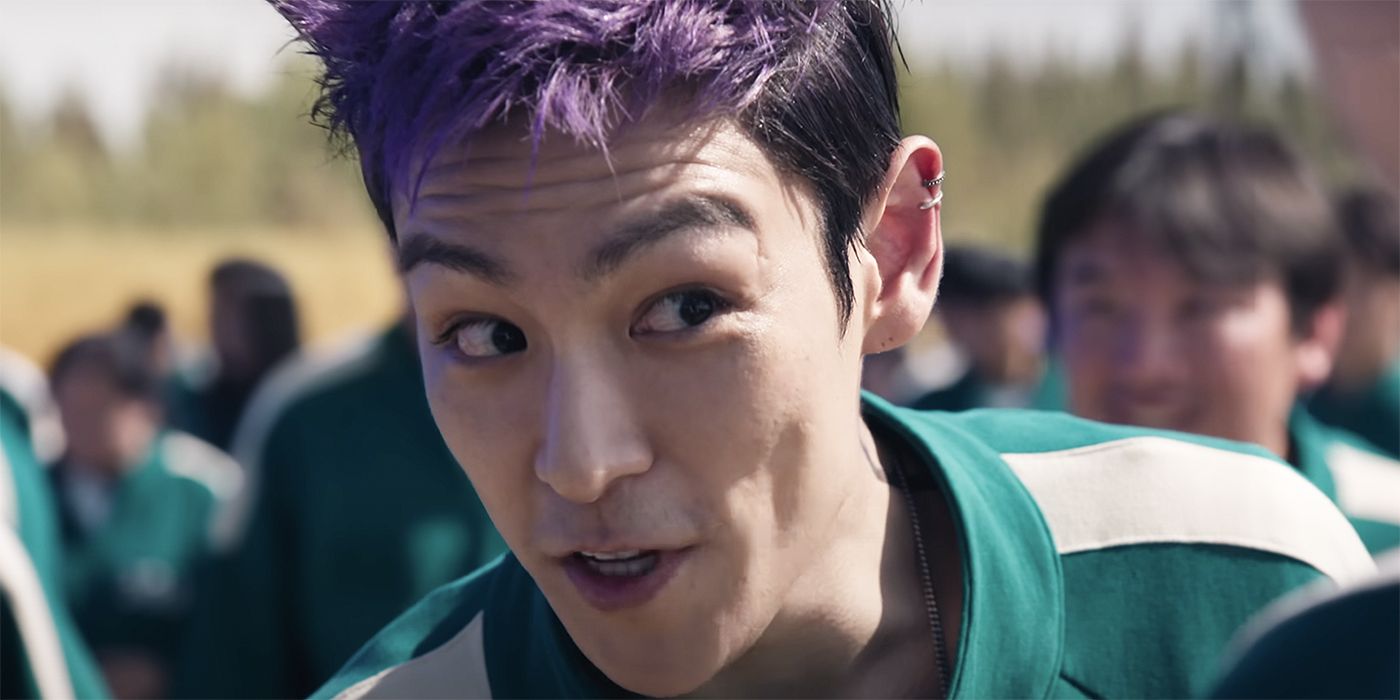 Image via Netflix
Image via Netflix
But Thanos isn't the only instance of this. Any character labeled as "good" is accompanied by a sob story of how they lost money due to an injustice or some kind of scam, while anyone labeled as "evil" will be a greedy, money-hungry person who won't stop gambling until they get it all. In fact, even the formula for these characters is copied over from Season 1. Once again, there's a North Korean character trying to get their family out of the North and willing to do anything for that. There's an evil leader of the "bad" group, and he's got his cronies who terrorize the other players. There's a loud and obnoxious female character who is clearly up to no good. There's a soft-spoken but cold female character who has a soft heart beneath her tough shell. And there's the very obvious outsider who physically stands out from the group. For every character lost in Season 1, there's a Season 2 counterpart to fill in the blank.
On some level, this might be intentional, demonstrating that the same types of people are chosen for these games, but it illustrates the issues the show has with characterization. Season 2 is a bit better than Season 1 in revealing more about the other "good" players and their past, but it's only thanks to Gi-hun's presence that there is a shake-up in the overall dynamics. This also has the consequence of the season's additional characters essentially feeling like set dressing rather than fully formed beings.
'Squid Game' Season 2 Is Dependably Dramatic in the Absolute Worst Way
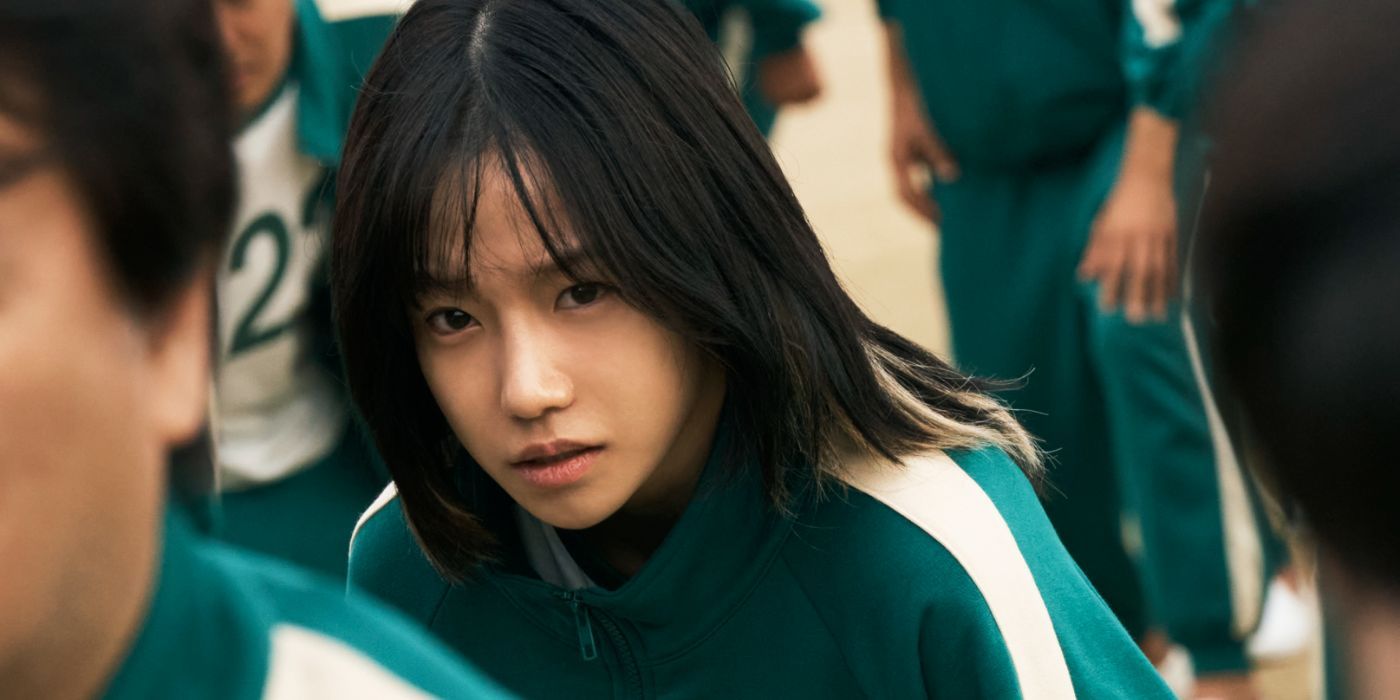 Image via Netflix
Image via Netflix
The downside of this sophomore season is that once we get to the actual arena, the Games are predictable. You can see the plot twists coming a mile away even when a new game is introduced — and if you don't, the show flashes lights in your face to make sure you're prepared for the incoming twist. Squid Game has always had the problem of showing first and telling second, making sure to hit the viewer over the head with an explanation so that they don't miss what's happening. At one point in the Games, the players are formed into teams and their legs are tied together to play a relay race-style game. After showing their bound legs, that turning around as a group is more difficult, and that it's easier to simply walk backwards, the scene cuts to one of the characters stating that exact thing to make sure we haven't missed it. This doesn't just happen once — it happens every time.
It often feels like the show is afraid its audience might not understand what is going on, so everything has to be spelled out. Every dramatic scene feels emotionally manipulative — slow-motion moments feel almost sluggish in the way they force the viewer to analyze every little detail on screen before zooming in on those details. Every vote replays the same dynamics as the previous ones in a tedious fashion, wasting time on the same scenes of people hesitating between whether to stay or go. By the time the season reaches its ending, it feels like a lot of time has been wasted on repetition. Especially since the final episode picks up and depicts something we haven't seen before, more time could have been spent here rather than anywhere else.
In some ways, it's hard for the show not to replay its greatest hits. From not-so-shocking betrayals to bloody massacres, Squid Game doubles down on the same points to try and recapture lightning in a bottle. Even though there's a full story outside the arena, with Hwang Jun-ho trying to track down the island where Gi-hun has been taken to, it gets kicked to the side in favor of the Games — coincidentally, his storyline was also the most interesting part of Season 1. Additionally, the show doesn't seize the opportunity for In-ho to talk about his brother with Gi-hun, leaning away from the interesting dynamic of the three men who are unknowingly connected in one way or another. The show works best when it builds off of what it's already done rather than recycling the same formula.
Ultimately, Squid Game hasn't shaken off the weakest aspects of Season 1. It's still dealing in blacks and whites, though the Front Man's involvement helps to soften that. The show still feels like it's constantly wagging its finger about morality and money in the arena, rather than actually building on the most interesting plots. Squid Game can't shake the desire to reiterate the same exhausting lessons about greed and human nature, and that does more to weigh down the narrative than lift it up.
Season 2 of Squid Game is now available to stream on Netflix in the U.S.
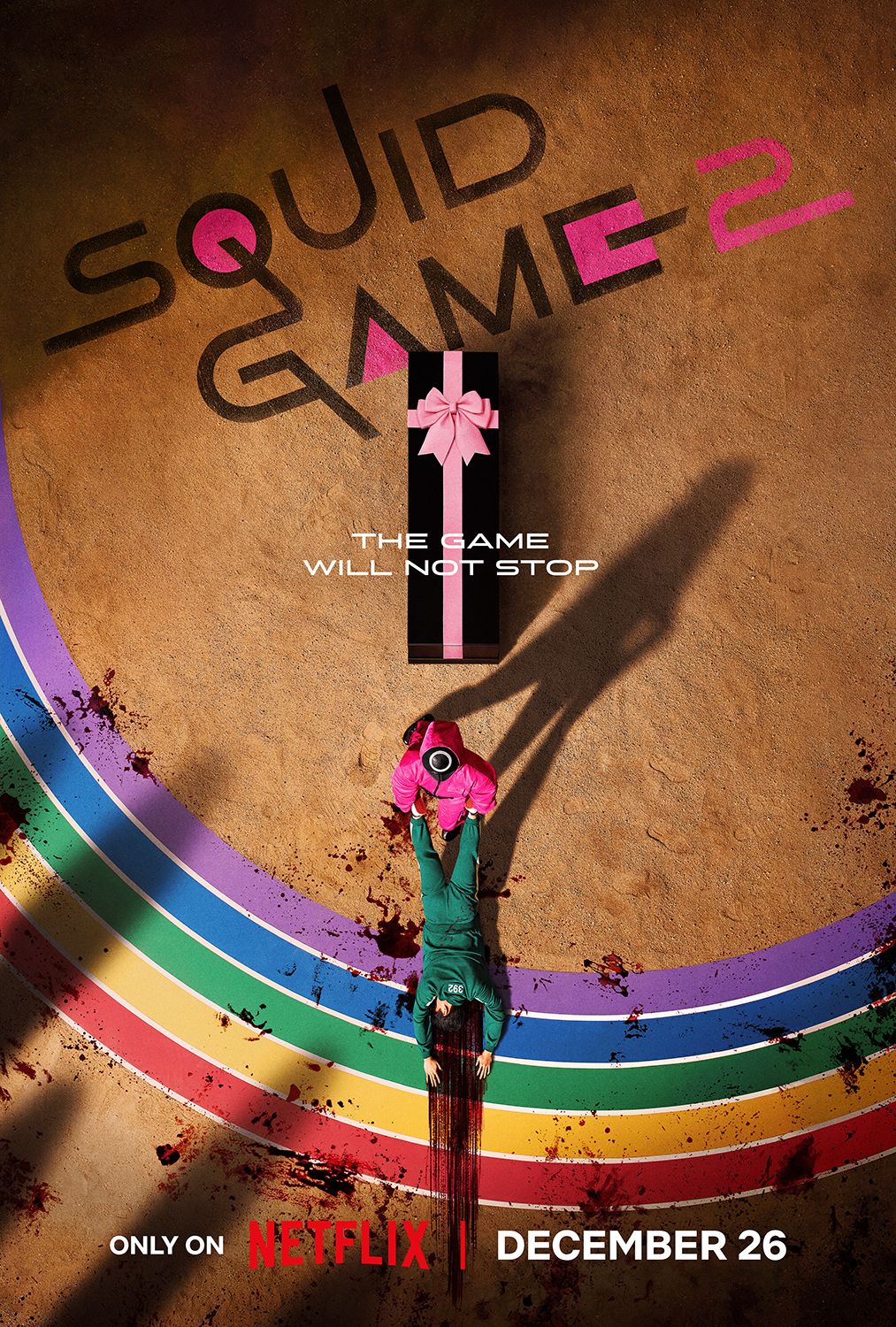
Your changes have been saved
Squid Game Season 2 once again relies on archetypes and tropes to tell its story despite standout performances and the existence of a more nuanced story.
Pros
- The twist of having the Front Man enter the game gives the show some much needed depth, especially in the scenes between Lee Jung-jae and Lee Byung-hun.
- The story points outside of the Games are where the show is at its most interesting.
Cons
- Squid Game's dependency on tropes and archetypes leaves little room to explore complex characters.
- The need to both show and tell wastes precious time in the season and makes the series feel tedious.
- Season 2 replays some of Season 1's greatest hits rather than offering up new angles to the story and its characters.
Hundreds of cash-strapped players accept a strange invitation to compete in children's games. Inside, a tempting prize awaits with deadly high stakes: a survival game that has a whopping 45.6 billion-won prize at stake.
Release Date September 17, 2021
Finale Year November 30, 2024
Cast Wi Ha-joon , Anupam Tripathi , Oh Yeong-su , Heo Sung-tae , Park Hae-soo , Jung Ho-yeon , Lee Jung-jae , Kim Joo-ryoung
Seasons 2
Writers Hwang Dong-hyuk
Directors Hwang Dong-hyuk
Showrunner Hwang Dong-hyuk

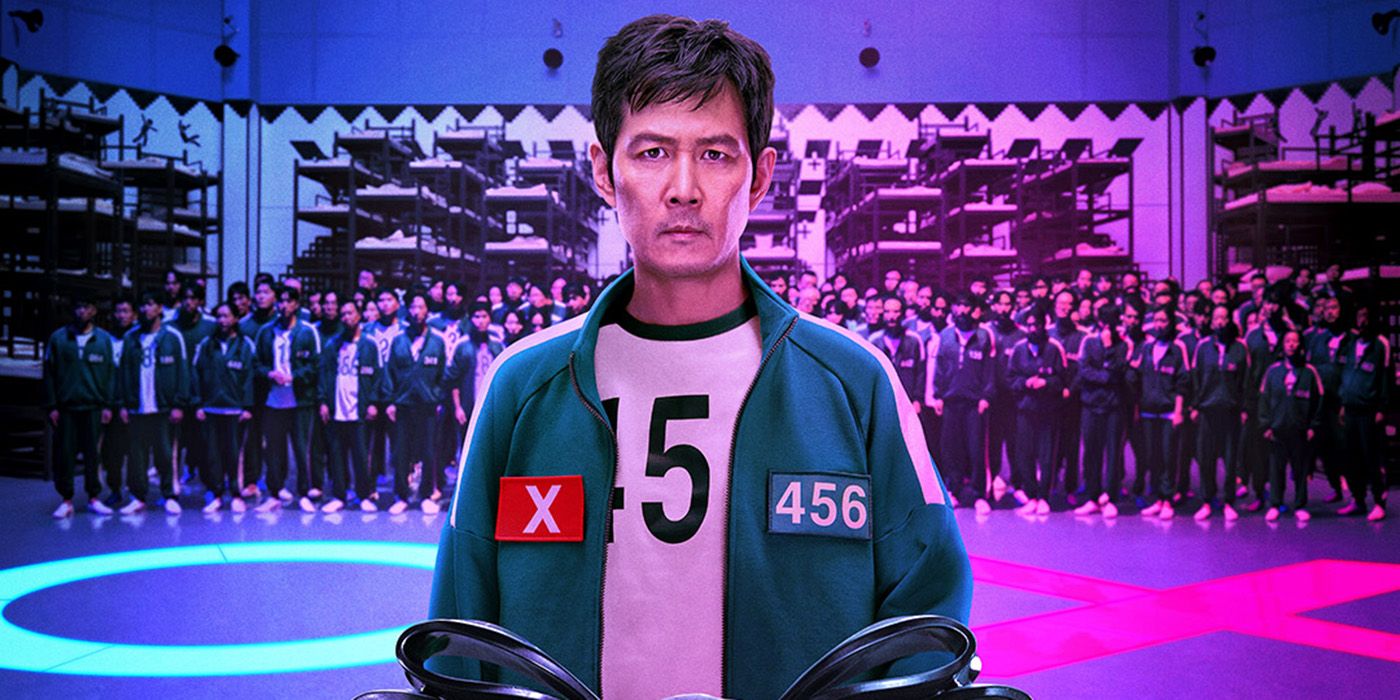
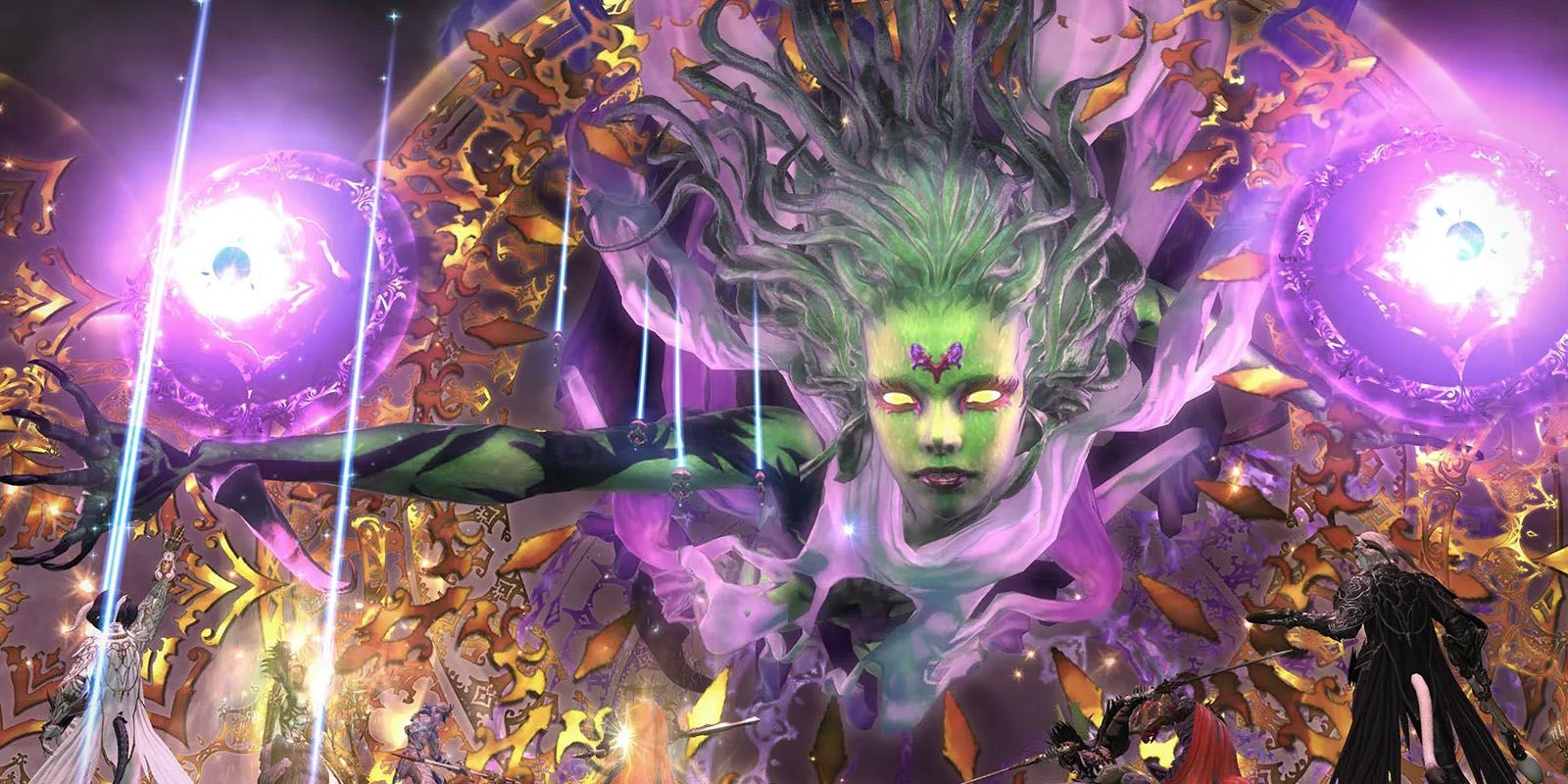
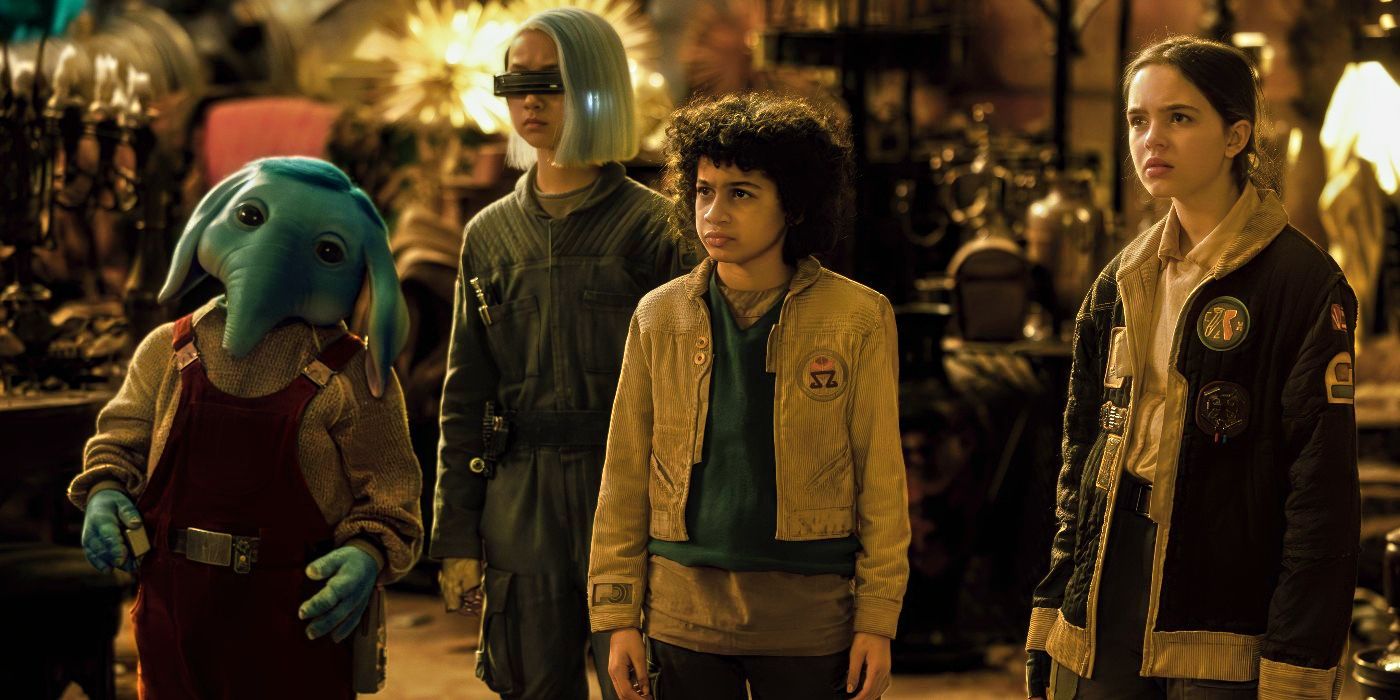



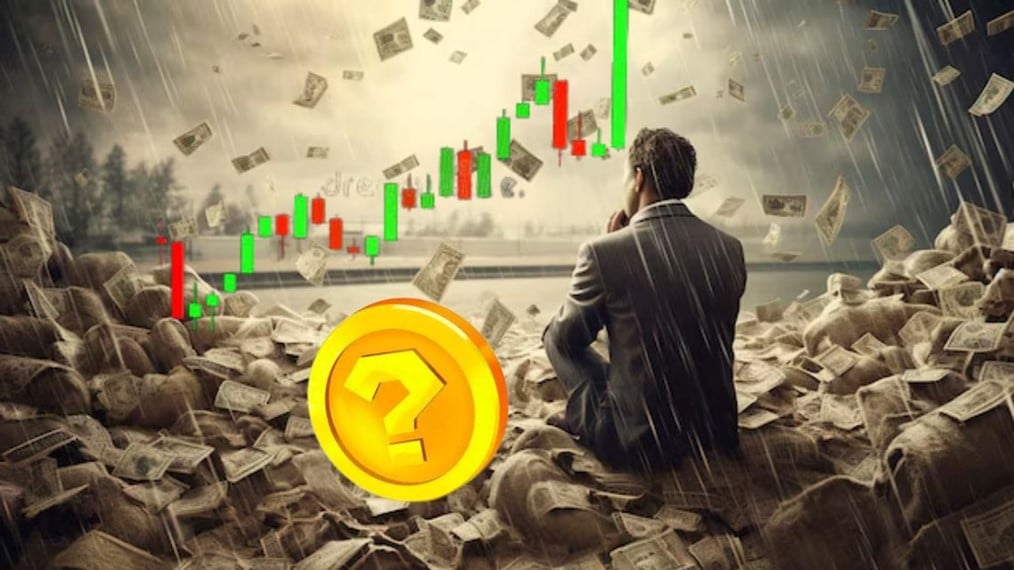
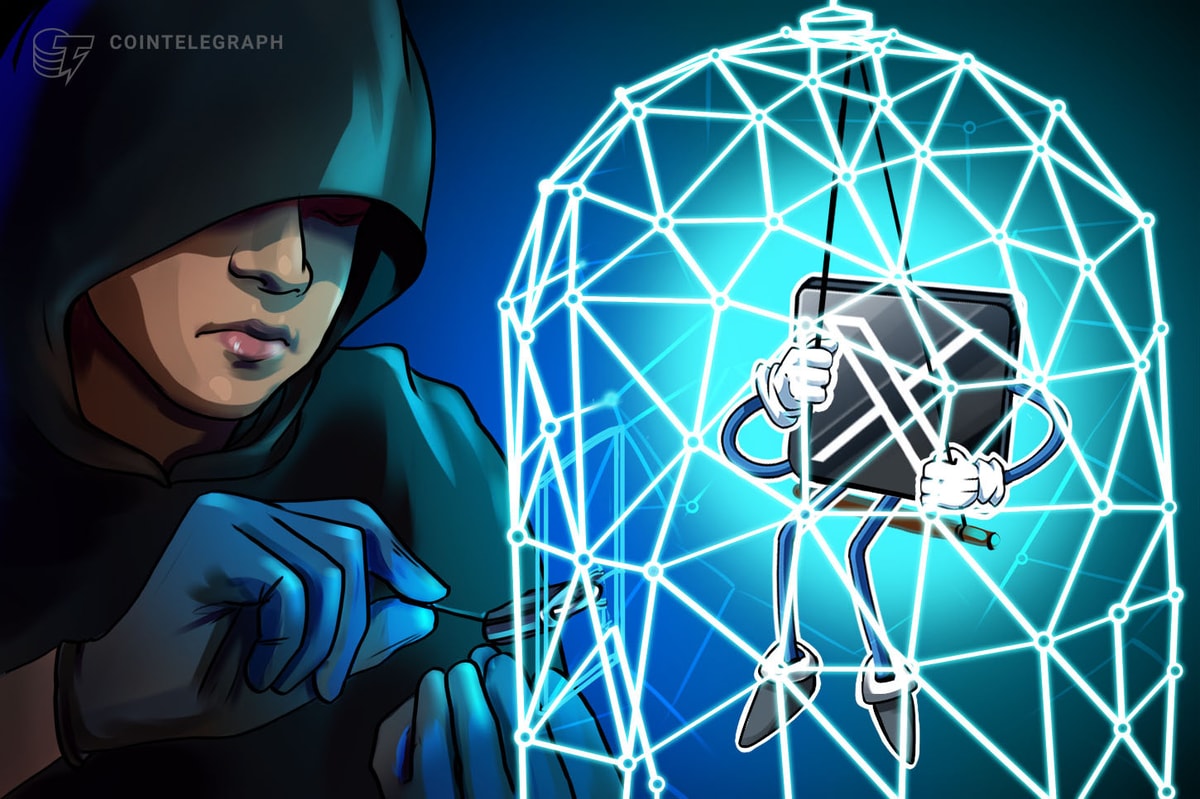

 English (US) ·
English (US) ·